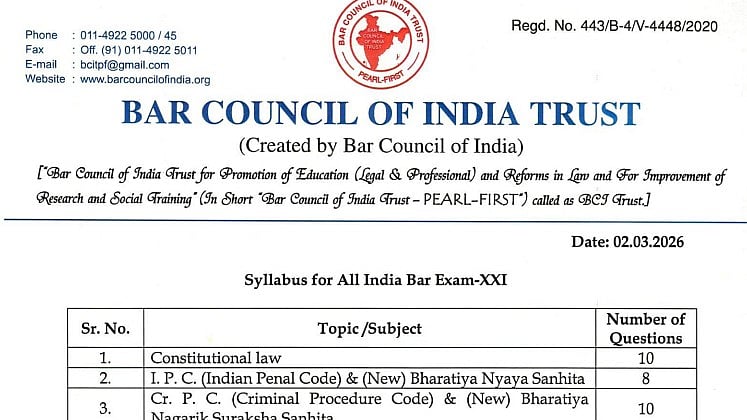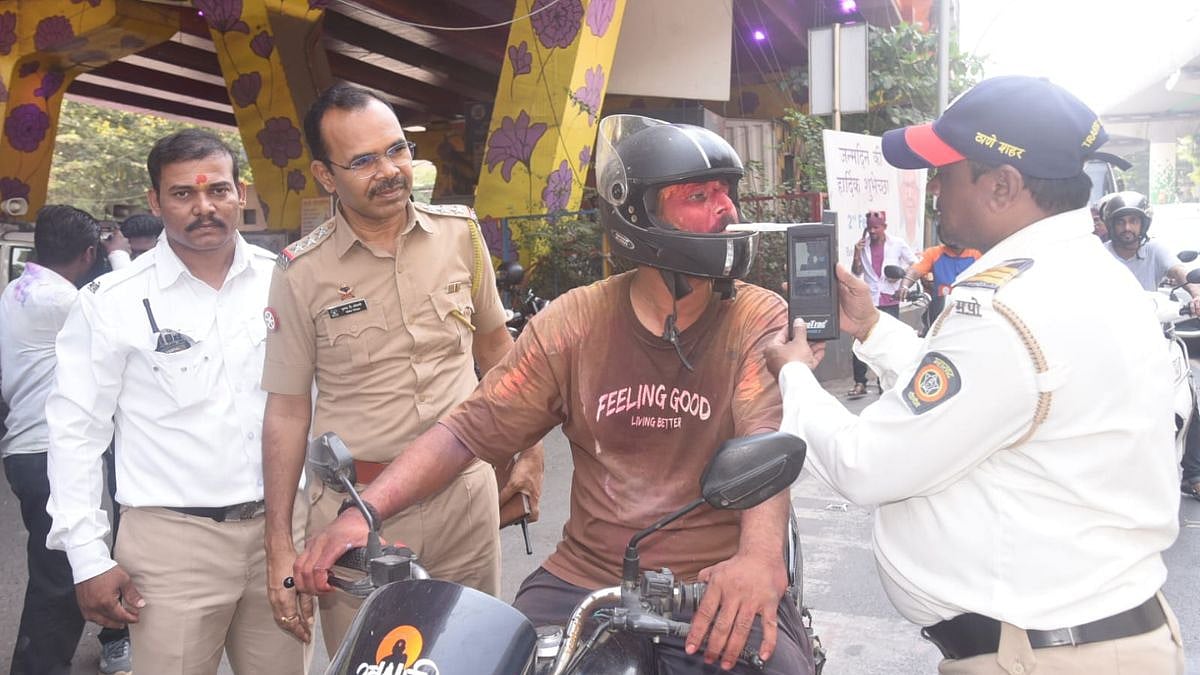Restrictions of travel from the Chinese city of Wuhan, the epicentre of the COVID-19 pandemic, came too late, according to a study which shows that the impact of curbing travel declines as an epidemic grows.
The study, published in the journal Science, noted that regions outside the province of Hubei in China, which acted early to test, track and restrict imported COVID-19 cases fared the best at preventing or containing local outbreaks.
Researchers, including those from the University of Oxford in the UK, assessed mobile geolocation data from Baidu Inc. – a Chinese multinational technology company – and combined the information with epidemiological dataset from the Open COVID-19 Data Working Group.
Their analysis showed that local person-to-person transmission happened extensively early on in the coronavirus outbreak, and was mitigated by drastic control measures.
However, since the virus has an average incubation period of 5 days, and up to 14 days in some cases, the scientists said, these mobility restrictions did not begin to positively impact the data on new cases for over a week.
They said the events got worse in the 5-7 days immediately after the lockdown as local transmission was well under way. Among cases reported outside Hubei, the study said 515 people had a known travel history to Wuhan, and a symptom onset date before 31st January 2020.
On the other hand only 39 people experienced onset of symptoms after 31st January, suggesting the effect of travel restrictions in decreasing the spread to other Chinese provinces.
“Our findings show that early in the coronavirus outbreak travel restrictions were effective in preventing the import of infections from a known source,” said Moritz Kraemer, study co-author from the University of Oxford.
“However, once COVID-19 cases begin spreading locally the contribution of new importations was much smaller. This is where a full package of measures including local mobility restrictions, testing, tracing and isolation need to work together to mitigate the epidemic,” Kraemer said.
The researchers cautioned that Chinese provinces and other countries that have successfully halted internal transmission of COVID-19 need to carefully consider how they will manage reinstating travel and mobility to avoid the reintroduction and spread of the disease in their populations.




